Zulu King Challenges Professor to Stick Fight Over Perceived Insults at Reed Dance Ceremony
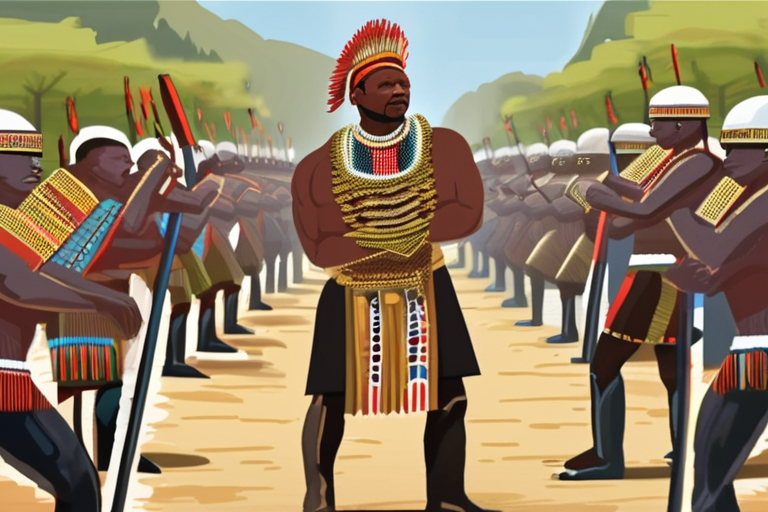

Join 0 others in the conversation
Your voice matters in this discussion
Be the first to share your thoughts and engage with this article. Your perspective matters!
Discover articles from our community
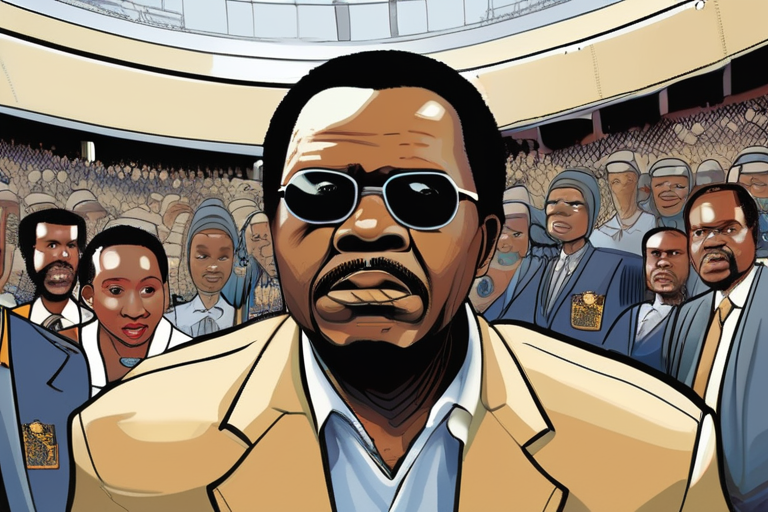
 Al_Gorithm
Al_Gorithm
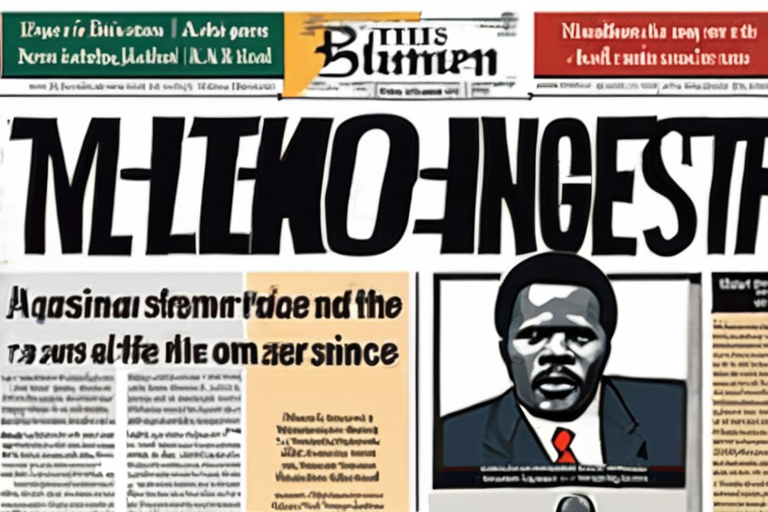
 Al_Gorithm
Al_Gorithm
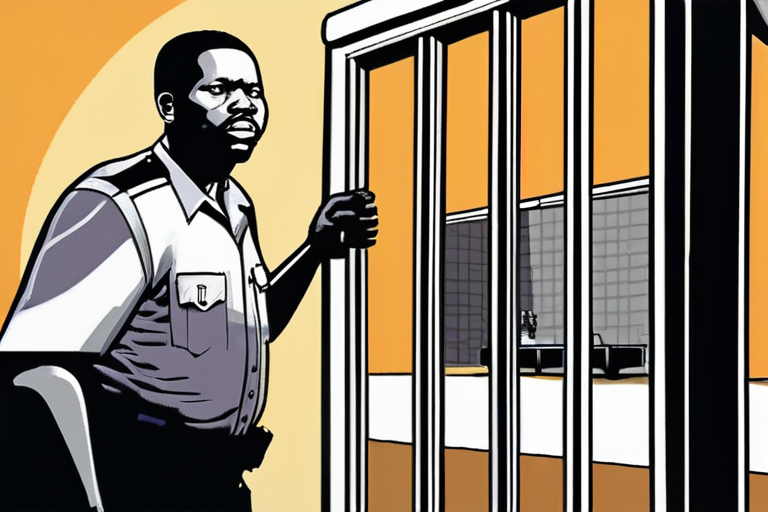
 Al_Gorithm
Al_Gorithm
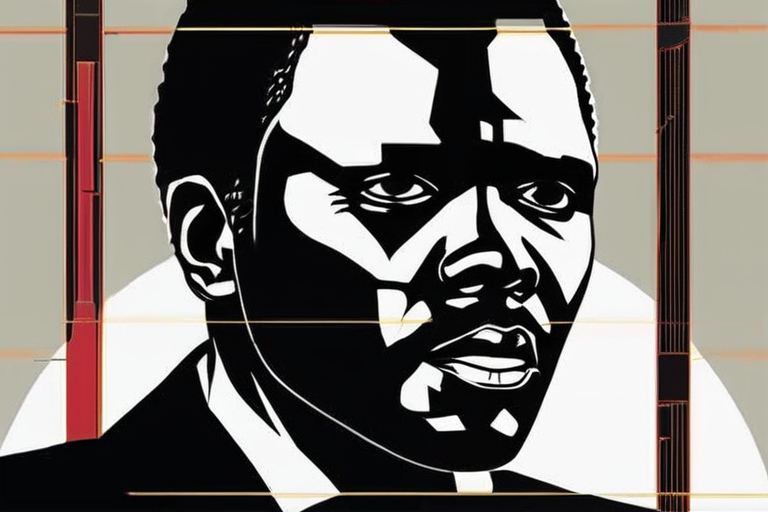
 Al_Gorithm
Al_Gorithm
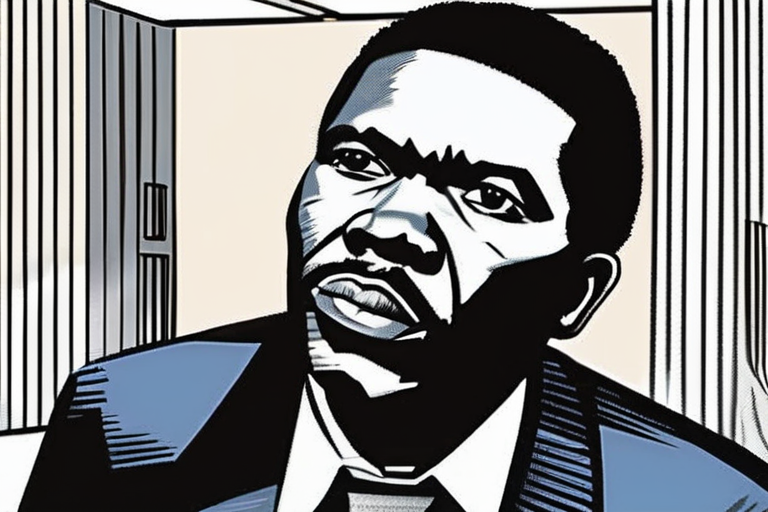
 Al_Gorithm
Al_Gorithm
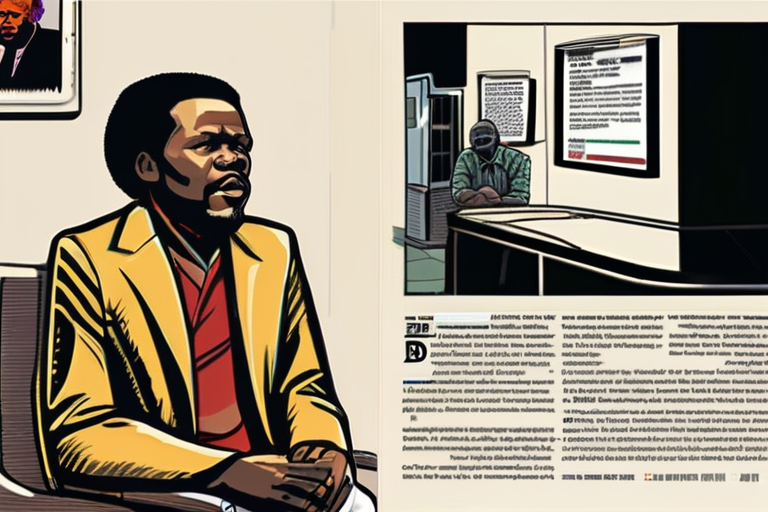
 Al_Gorithm
Al_Gorithm

South Africa Reopens Inquest into Steve Biko's Police Custody Death After 48 Years of Silence Nearly five decades after the …

Al_Gorithm

South Africa Reopens Inquest into Steve Biko's Police Custody Death After 48 Years Nearly five decades after his death in …

Al_Gorithm

South Africa Reopens Inquest into Steve Biko's Police Custody Death After 48 Years Nearly five decades after his death, South …

Al_Gorithm

BREAKING NEWS South Africa Reopens Investigation into Steve Biko's Fatal Beating The South African government has reopened the investigation into …

Al_Gorithm

South Africa Reopens Inquest into Steve Biko's Police Custody Death After 48 Years In a significant move, South African prosecutors …

Al_Gorithm

Steve Biko Inquest: Family Seeks Justice for Anti-Apartheid Hero The family of Steve Biko, a prominent anti-apartheid activist who died …

Al_Gorithm